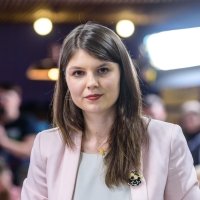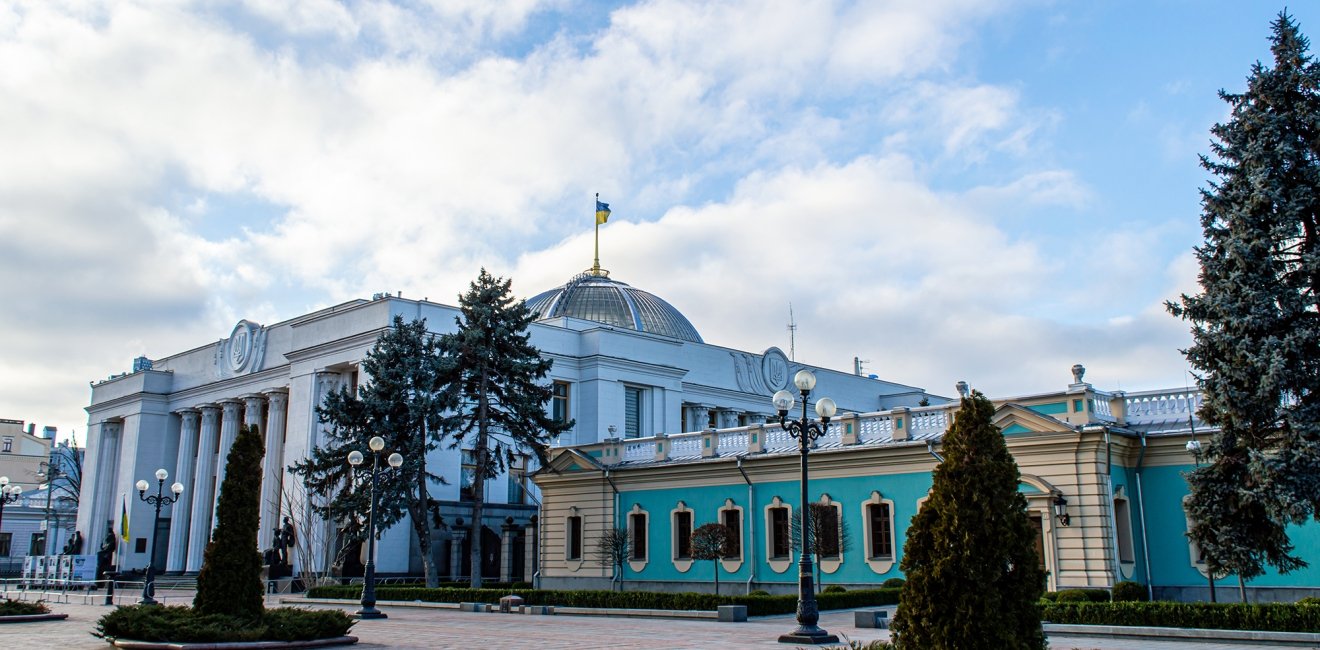
A blog of the Kennan Institute
BY KATERYNA ODARCHENKO
The Ukrainian political system and the elites that fill its ranks seem finally to have reached the limit of their efficiency. However, various attempts to change the system—through presidential elections, revolutions, reforms, and the codifying and revision of a constitution—so far have not led to lasting improvements. These days, Ukrainian citizens place their hopes for change in local elections, which took place on October 25. Their results may give a new generation of professionals and new political parties a chance to start rebuilding the country from the grassroots up.
Many of the tough problems Ukraine faces in politics and governance are rooted in the country’s legacy as a Soviet socialist republic. Independent Ukraine developed under the strong influence of the Soviet public administration culture, with its problematic division of the branches of power and presidents who connived to concentrate power in their own hands. Political parties were formed as short-term electoral projects, not as political organizations aimed at competitive rotation through leadership positions.
Ukraine’s current power elites formed through their ability to simultaneously concentrate capital and power. The state apparatus provided cover for their appropriation of Soviet industry and public goods. The privatization of state-owned enterprises benefited both former officials and those who had criminal ties, and these groups then began shaping a political system that would protect their nexus of power and capital. Such negative phenomena as public sector corruption, chronic deficit in the rule of law, and crony capitalism stemmed from these shadow coalitions, where the political and business partners of Ukraine’s presidents were turning into oligarchs.
As president, Leonid Kravchuk (1991–94) is remembered as the founder of independent Ukraine, and signer of the 1994 Budapest Memorandum on Security Assurances that renounced Ukraine’s nuclear status. His short, economically unsuccessful rule provoked nationwide strikes that lead to early presidential elections and his electoral defeat.
Kravchuk’s successor, Leonid Kuchma (1994–2005), was president for 10 years, during which time the contemporary Ukrainian political and economic systems—with their successes and failures—were constructed. Under his presidency, among other things, Ukraine established a market economy, and in 1996 adopted a new constitution and introduced a national currency. However, during his time in office, the oligarchy was formed and privatization reached its peak. President Kuchma, known as an “economic man,” gained some private benefits for himself and his entourage. He managed and privatized the old Soviet industries in accordance with the new rule: for my friends, everything; for the rest, the law. Accordingly, Kuchma’s circle appropriated not just separate businesses, but entire sectors of the economy. In a way, “Kuchmism” was a mixture of the illegal appropriation of national wealth and politics legitimizing the new private property—an oligarchic system that would lead to two revolutions in 2004 and 2013–14.
The Orange Revolution (2004) prevented Kuchma from enthroning Viktor Yanukovych as his chosen successor. After three rounds of elections and two months of protests in Kyiv’s Maidan Nezalezhnosti (Independence Square), Viktor Yushchenko became president. Under his leadership, Ukraine rose in the measurements of democracy, but the president’s authority waned as the oligarch-controlled parliament’s power grew.
After President Yushchenko, Ukrainians elected Victor Yanukovych (2010–14) to the highest post. Within only three years of rule, Yanukovych usurped power, brought Ukraine further under the sway of Russia, and promoted the interests of his clan to such a degree that a new revolution swept the country. In the same period, the army shrank considerably, and officers with Ukrainian-Russian citizenship received high security posts. The Yanukovych regime was destroyed in the Euromaidan protests known as the Revolution of Dignity, where different players—including pro-European liberals, nationalists, nonpartisan civil activists, and oligarchs— came together to topple the president.
However, the Revolution of Dignity itself did not produce the expected results. In my opinion, only deep, comprehensive institutional change in government can alter the quality of the Ukrainian state. The Euromaidan reforms came to a halt because of war with Russian-backed separatists, Russia’s annexation of Crimea, an economic crisis, and the egoistic interests of the new President Petro Poroshenko’s entourage.
Volodymyr Zelensky, an entertainer who ran as an antisystem candidate, became president in 2019. He beat his competitor Poroshenko 73 percent to 24 percent in the second round of the vote. A significant part of Ukrainian society believed that Zelensky, who had no previous experience in politics, could change the destiny of Ukrainian presidents and the quality of governance. However, after more than a year in office, Zelensky demonstrated the same bad selection of cadres and seemingly permanent scandals, which led to a loss of confidence in him and his Servant of the People party.
This overview of Ukrainian presidential history clearly demonstrates that the Ukrainian government sorely needs good specialists and effective institutions that obey the rule of law and not the presidents, are independent of clans, and can be resilient in the face of permanent political oscillations. Elites who came to power with Leonid Kuchma, and who were expected to lose power after two revolutions and the overwhelming vote for the outsider Zelensky, still control wealth and authority in Ukraine. Seen in this light, local elections are thus yet another attempt by Ukrainians to bring to power—at local and regional levels—new professionals and parties that might inspire new life in the reformed local governments. If attempts to change the elites from the center chronically fail, then why not try from below?
The opinions expressed in this article are those solely of the author and do not reflect the views of the Kennan Institute.
Author


Kennan Institute
After more than 50 years as a vital part of the Wilson Center legacy, the Kennan Institute has become an independent think tank. You can find the current website for the Kennan Institute at kennaninstitute.org. Please look for future announcements about partnership activities between the Wilson Center and the Kennan Institute at Wilson Center Press Room. The Wilson Center is proud of its historic connection to the Kennan Institute and looks forward to supporting its activities as an independent center of knowledge. The Kennan Institute is committed to improving American understanding of Russia, Ukraine, Central Asia, the South Caucasus, and the surrounding region through research and exchange. Read more

Explore More in Focus Ukraine
Browse Focus Ukraine
Talking to the Dead to Heal the Living

Ukrainian Issue in Polish Elections


